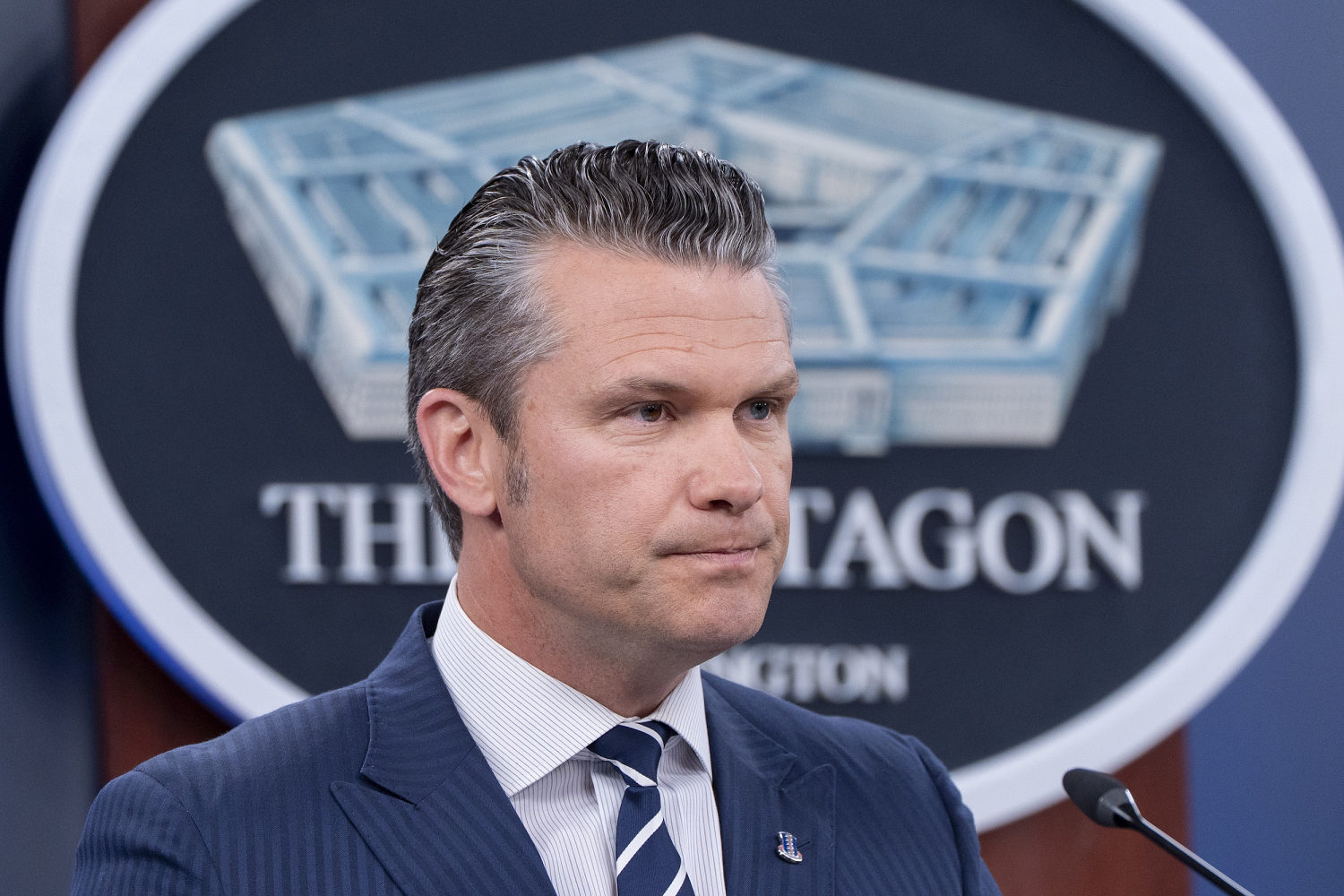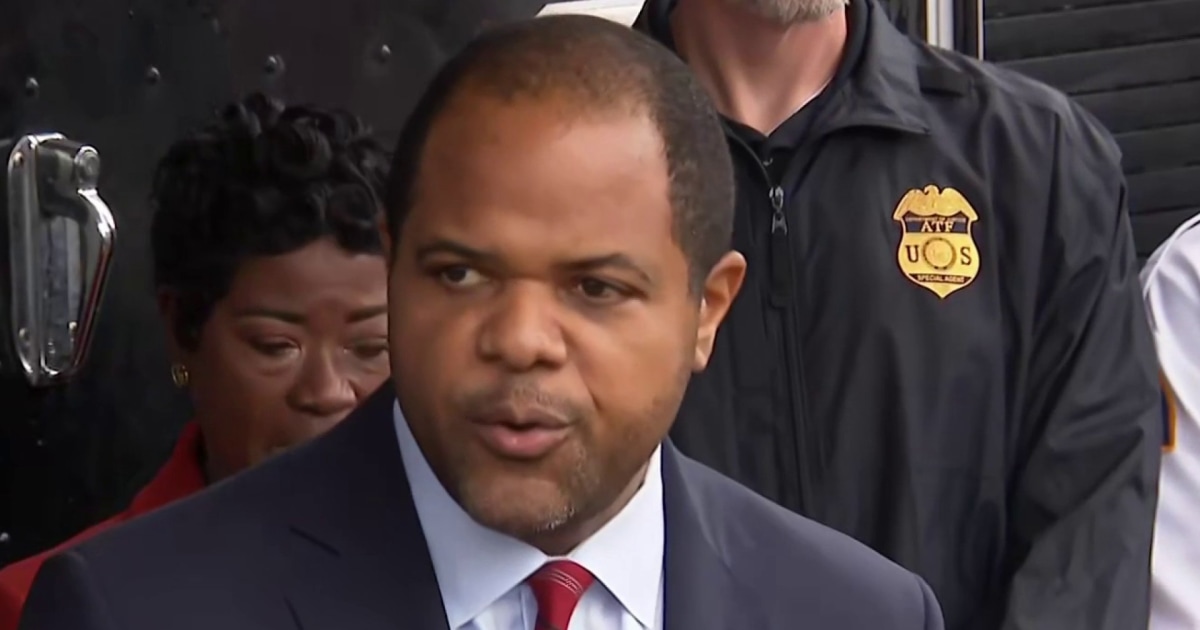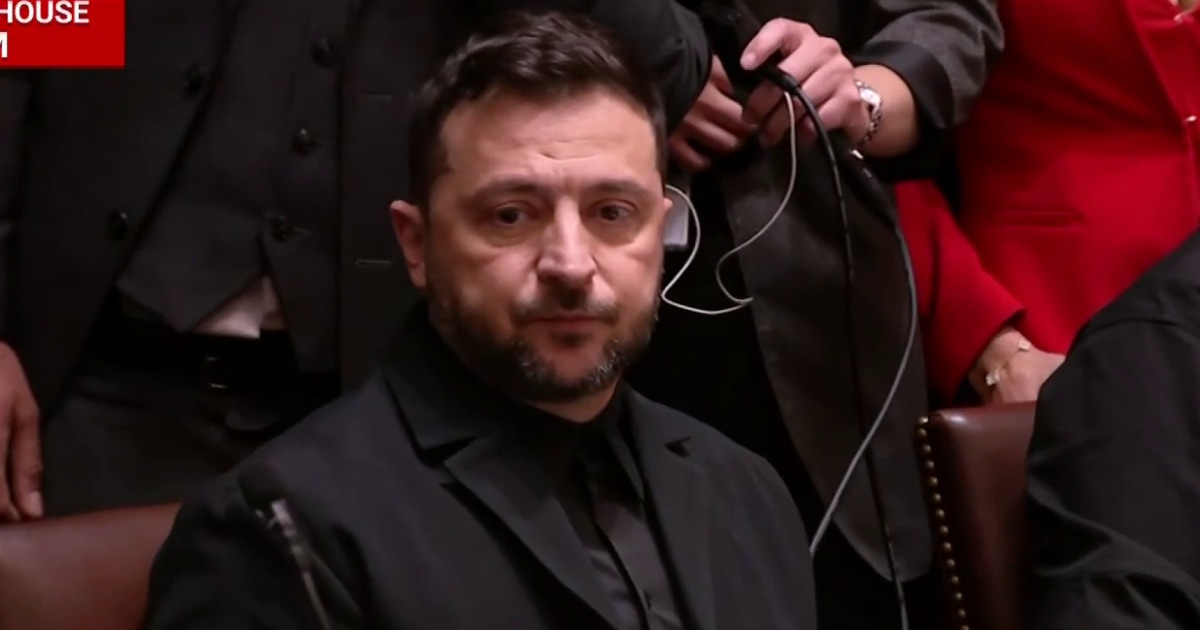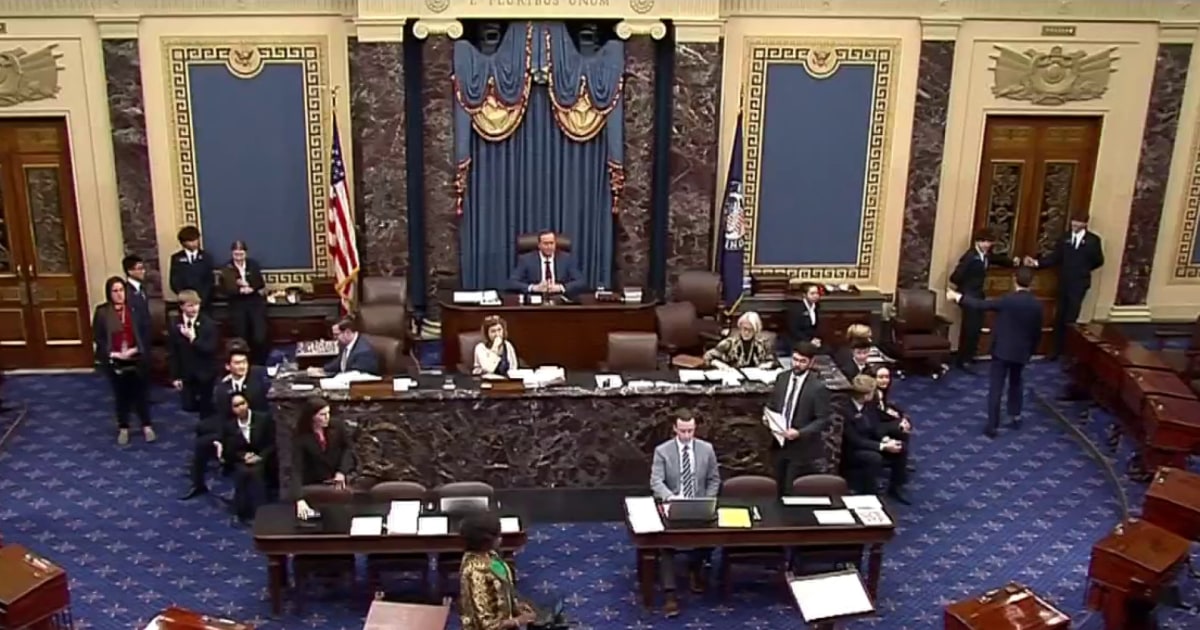
Journalists who cover the Defense Department at the Pentagon can no longer gather or report information, even if it is unclassified, unless it’s been authorized for release by the government, defense officials announced Friday. Reporters who don’t sign a statement agreeing to the new rules will have their press credentials revoked, officials said.
Multiple press associations quickly condemned the new rules and said they will fundamentally change journalists’ ability to cover the Pentagon and the U.S. military. They called for the Trump administration to rescind the new requirements, arguing they inhibit transparency to the American people.
The National Press Club denounced the requirement as “a direct assault on independent journalism at the very place where independent scrutiny matters most: the U.S. military.”
Democratic lawmakers also criticized the decision, with Sen. Jack Reed, D-R.I., the ranking member on the Senate Armed Services Committee calling the restrictions “an ill-advised affront to free speech and freedom of the press.”
“Secretary Hegseth’s restrictions on the press are part of a broader attempt by this Administration to cover up missteps, stifle independent journalism, and obscure the truth,” Reed said. “American journalists are not, should not, and must not be mere stenographers for the party in power or the Pentagon itself.”
Defense Secretary Pete Hegseth defended the new measures, writing on X Friday: “The ‘press’ does not run the Pentagon — the people do.”
The Pentagon sent a memo describing the new measures to its in-house press corps late Friday afternoon as a part of new security requirements.
Defense Department “information must be approved for public release by an appropriate authorizing official before it is released, even if it is unclassified,” the memo said, citing that the department must “safeguard” classified national security information.
The memo said the Department of War — the new secondary name for Department of Defense adopted as part of a rebranding— may provide controlled unclassified information to individuals “when there is a lawful governmental purpose for doing so.” Further, only “authorized persons” with “favorable determinations of eligibility for access, signed approved non-disclosure agreements, and have a need-to-know may be granted access to” classified national security information.
Those who fail to abide by the rule could be suspended or have their Pentagon access revoked.
Badge access may be denied or revoked if a person is “reasonably determined to pose a security or safety risk to DoW personnel or property,” the memo said. A person can be considered a security risk based on “unauthorized access, attempted unauthorized access, or unauthorized disclosure of CNSI [classified national security information] or CUI [controlled unclassified information].”
The new rules include further physical restrictions for reporters as well. Large areas of the building are restricted, and reporters will require an escort to enter.
It’s the latest effort by Hegseth to confine reporters at the Pentagon.
Earlier this year, the administration largely restricted reporters to the press and food court areas. For decades, Pentagon reporters with badges could walk the halls and had access to all but the parts of the building that were restricted or required security clearances.
Mike Balsamo, the president of the National Press Club, said Pentagon reporters provide critical information, informing the public on how defense dollars are spent and how wars are fought.
“If the news about our military must first be approved by the government, then the public is no longer getting independent reporting,” Balsamo said. “It is getting only what officials want them to see. That should alarm every American.”
The Society of Professional Journalists also demanded the measure be rescinded, calling the effort an attempt “to muzzle the press and deny the American people the transparency and accountability they deserve.”
“This policy reeks of prior restraint — the most egregious violation of press freedom under the First Amendment — and is a dangerous step toward government censorship,” the Society said in a statement. “Attempts to silence the press under the guise of ‘security’ are part of a disturbing pattern of growing government hostility toward transparency and democratic norms.”




